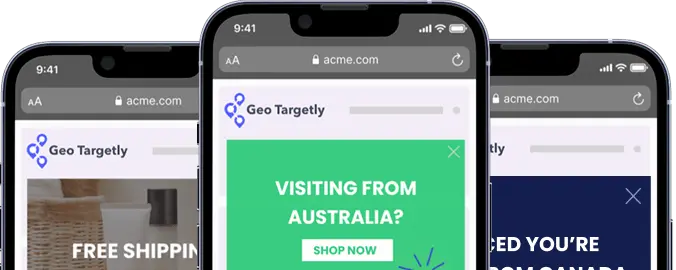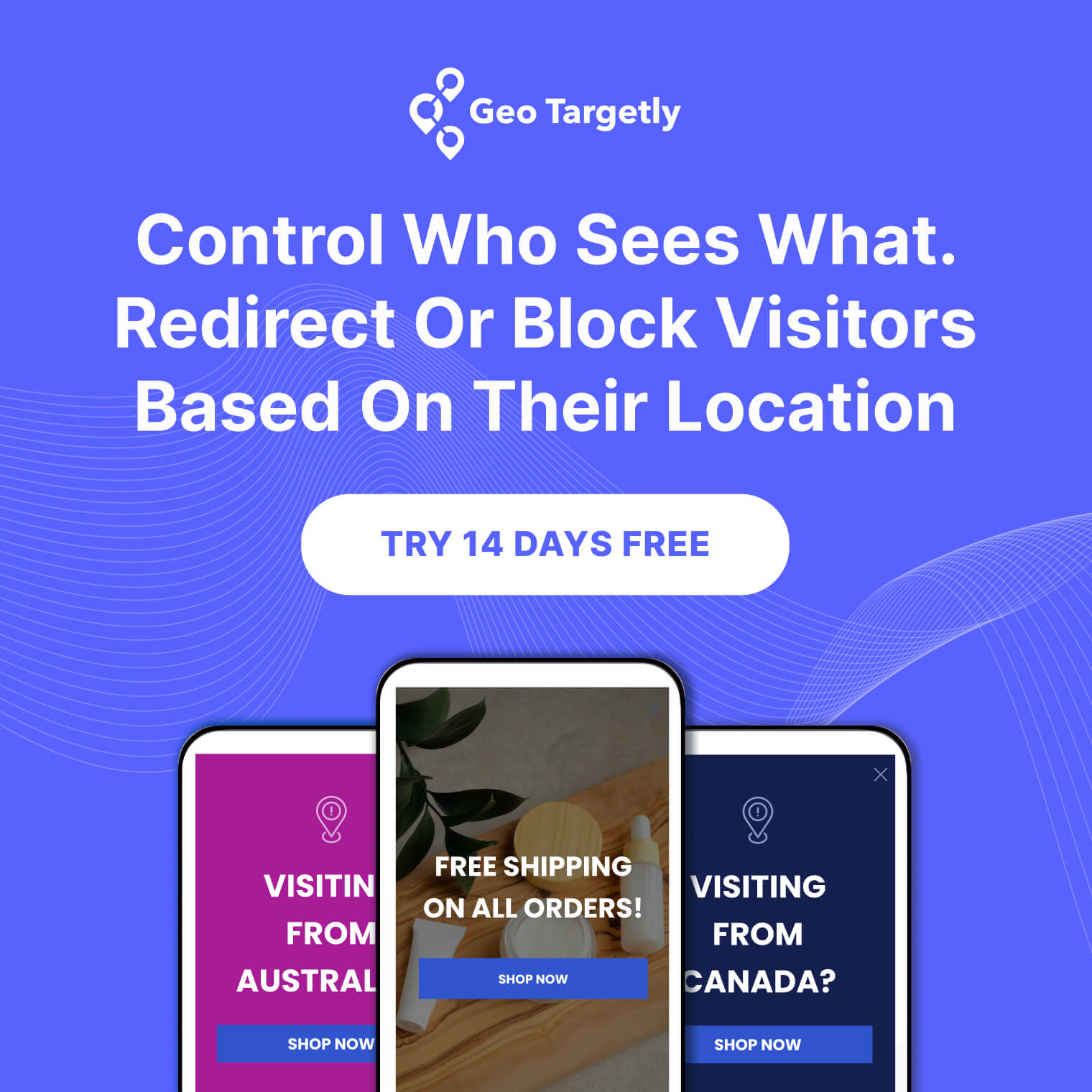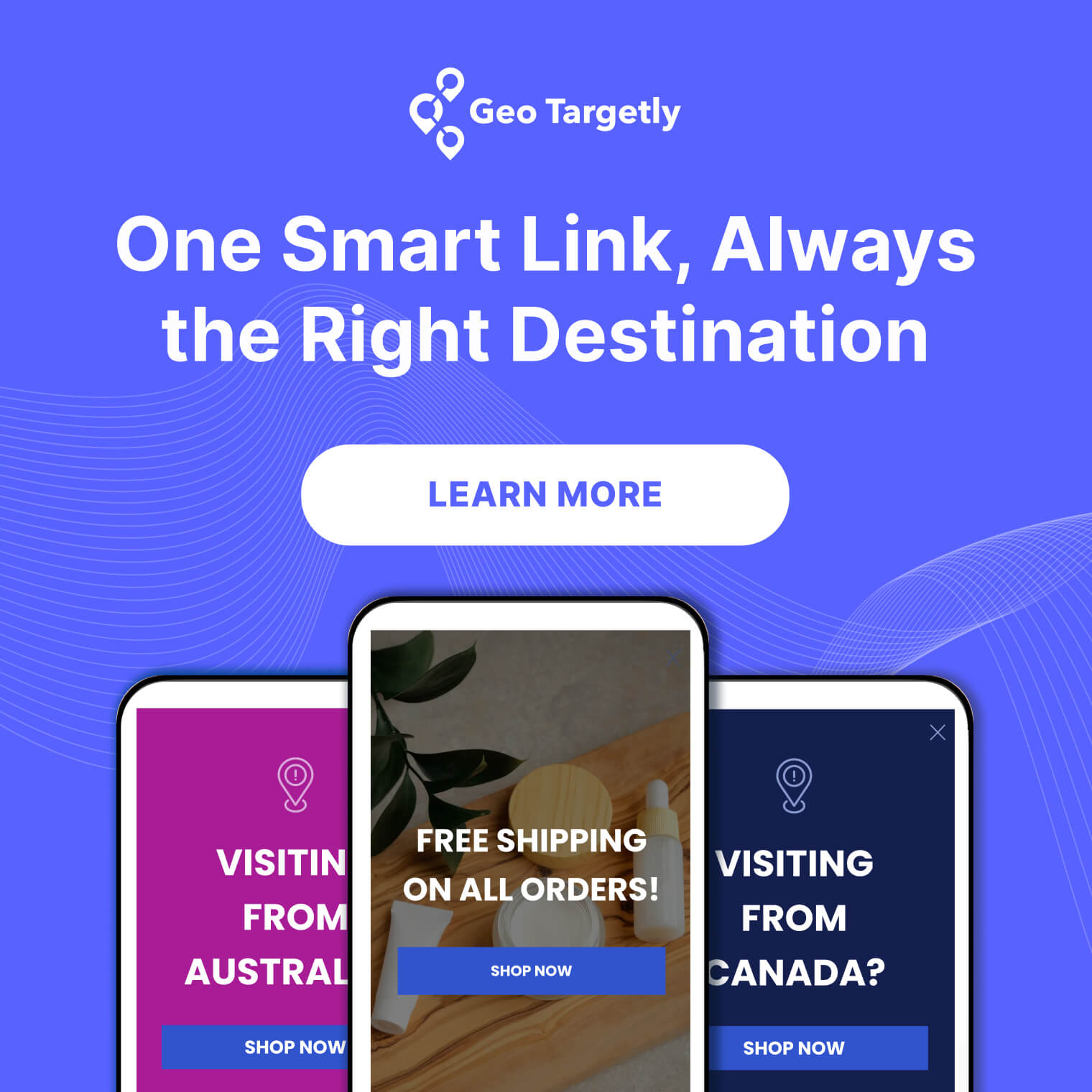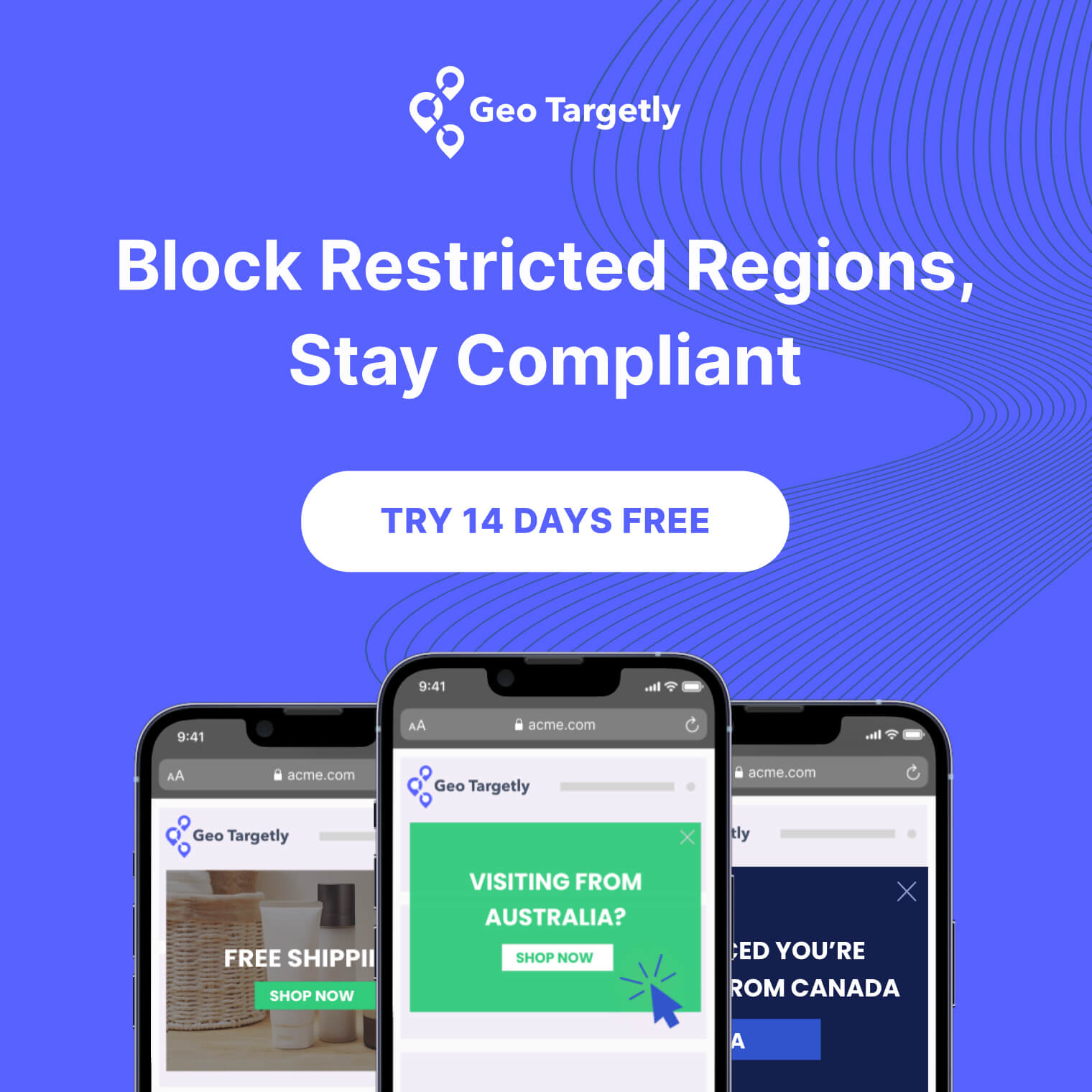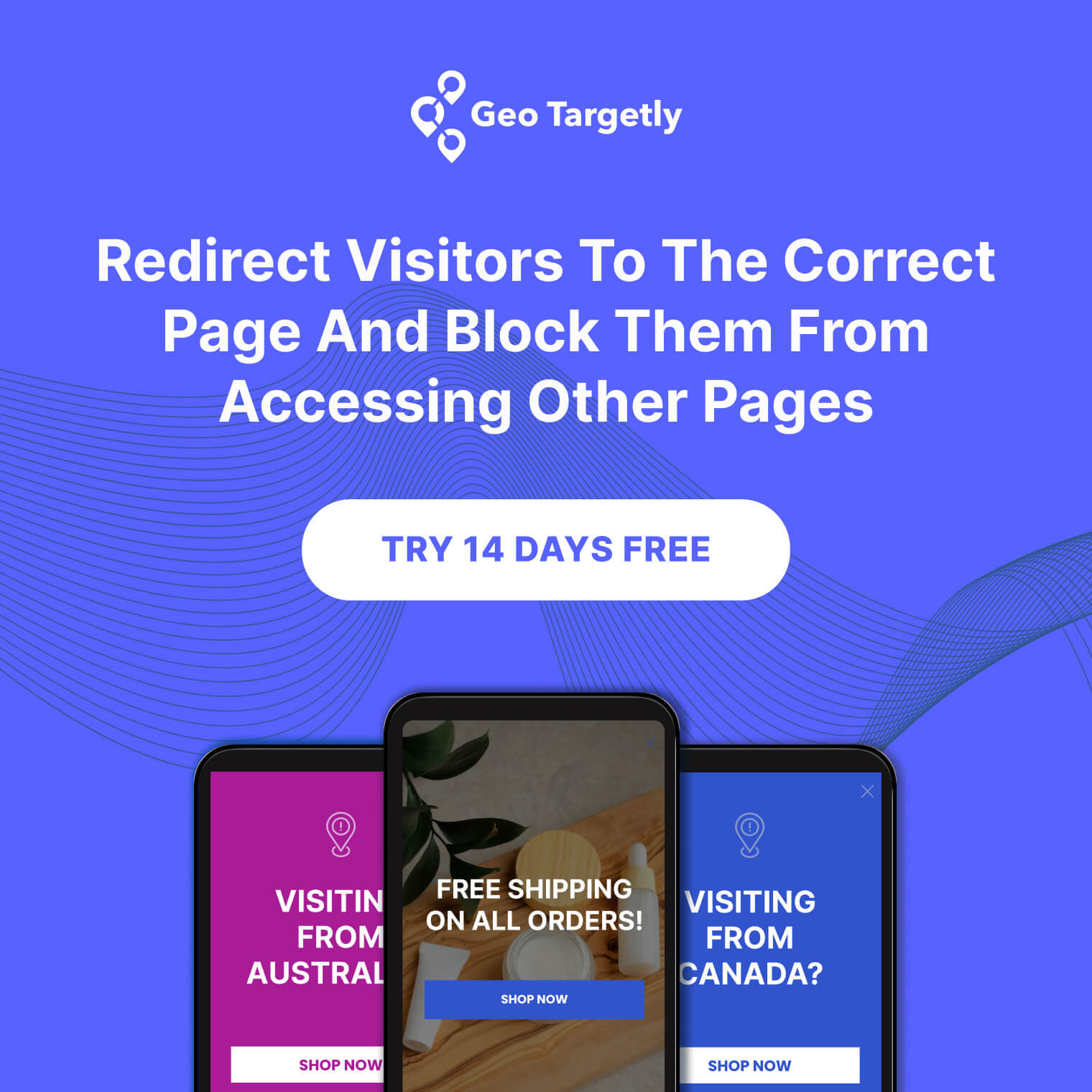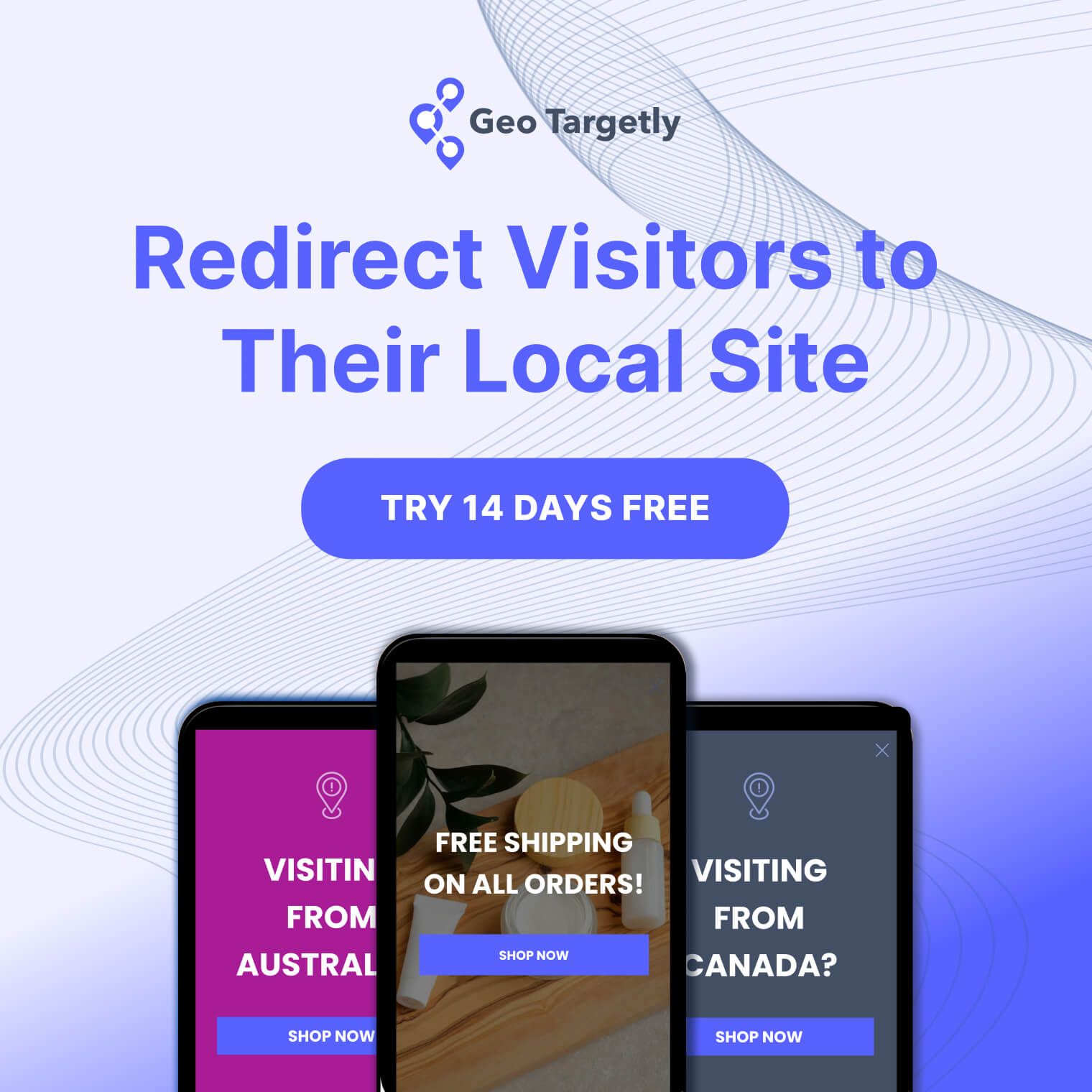

SEO. It’s a word marketers mumble in their sleep. Even with the emergence of geolocation tools, all anyone can talk about is how to use these in tandem with a clear SEO strategy.
It so happens that these tools are meant to be used as part of a clear and long-term strategy to bring in the right customers, which also happens to be the core objective of any SEO plan.
As such, how can you use geolocation software to fulfil the ultimate objective of any marketing strategy or vision? Our post today takes a look! Continue reading for a quick dive into how your SEO strategy benefits from the power of IP address geolocation tools!
.jpeg)
Use redirect software to take your audience to geotargeted pages and content
Anyone with even the most limited experience and understanding of SEO can tell you that everything ultimately boils down to relevance.
If that’s the case, there’s nothing better you can do, in terms of relevance, than display geographically targeted website content to incoming visitors. Some companies use dynamic content tools for this - where specific information on their site is customised to local data including the weather, currency, contact information and other types of content - or redirect software.
The latter geolocates each visitor and then redirects them to the closest or most relevant regional site/page. This allows marketers to really make the most of SEO optimisation in terms of H1 tags, meta descriptions, and other geotargeted keywords.
This saves you from having to spew generic content and leave your site sorely lacking in terms of relevance or intelligent SEO optimisation. Once you create your regional redirect links, add this to your Google My Business account so that users can access your data more easily. It also allows Google’s search crawlers to index your page and give you higher rankings.
Companies that run physical stores in multiple locations, however, have to go one step further. Most businesses that fall into this category include store information or store locator pages on their websites.
If you’re running a store locator page on your website, make sure that you use an HTML/XML sitemap to make it easier for search engines to discover your pages and sites. It’s considered a best practice not just to make a separate page for each store (see above) but also an HTML site map with HTML links.
Use dynamic content tools to incorporate geotargeted keywords into your content
Another geolocation targeting mistake businesses make is the failure to geofence their Google ads. Especially for supermarket chains, grocery stores and other businesses that run stores and outlets in one region, Google ads and Facebook ads are a popular way to advertise.
Yet, if you don’t geofence your ads - advertising them only within a specific region - your ads (and stores!) will start competing with each other. If you have stores in multiple state or cities and you’re running digital ads for them, make sure that you target specific geographical areas for the best possible results.
3. You’re not using the data your geolocation tools are generating
What is SEO without keywords?
Not much, probably.
That’s exactly why you need to escape the temptation of populating your site with generic content that doesn’t mean much to anyone. Creating geotargeted content may be time-consuming but the rewards are always worth it and this is especially true for international e-commerce companies.
To begin with, you ensure that you bring in only the right type of visitors, who will either engage with your content, subscribe, buy or perform any other actions you’re anticipating.
The right, geotargeted keyword strategy will also help you rank better and more extensively across Google’s search network.
Say you were operating a beauty parlour chain across the US. Your SEO strategy could include keywords like ‘nail artist Atlanta’, ‘manicure Atlanta’, ‘manicurist Atlanta’ and other local variations of these for different states and cities. You could include these keywords specifically for visitors coming to your site from these specific areas.
Tip: If you already have some pages that are optimized for local keyword variations, you can check whether or not they are properly displayed for the given keywords and see their ranking positions manually.
To do this, you can either use a rank-tracking tool or simply check the local SERPs manually by switching the location of your browser (or your PC/mobile device) to the particular region.
If you would like to learn how to set location in Google to a different place, you can check out his article: How to change Google location.
Give life to your SEO strategy with sophisticated IP geolocation tools!
While the conversation around the use of IP geolocation tools within an SEO strategy is one only just emerging, location-based SEO has been a part of many marketing plans for some time now.
To enjoy results that are more than mere blips on your radar, it’s important to go beyond keywords. While geotargeted keywords must be a part of your strategy, using site redirect tools to redirect users to geographically relevant pages can also drive value to your SEO efforts.
Kickstart your revamped strategy by choosing advanced, functional geolocation software.





.webp)



